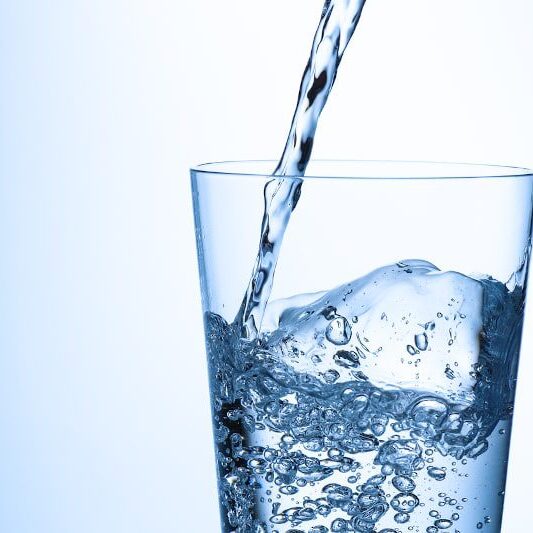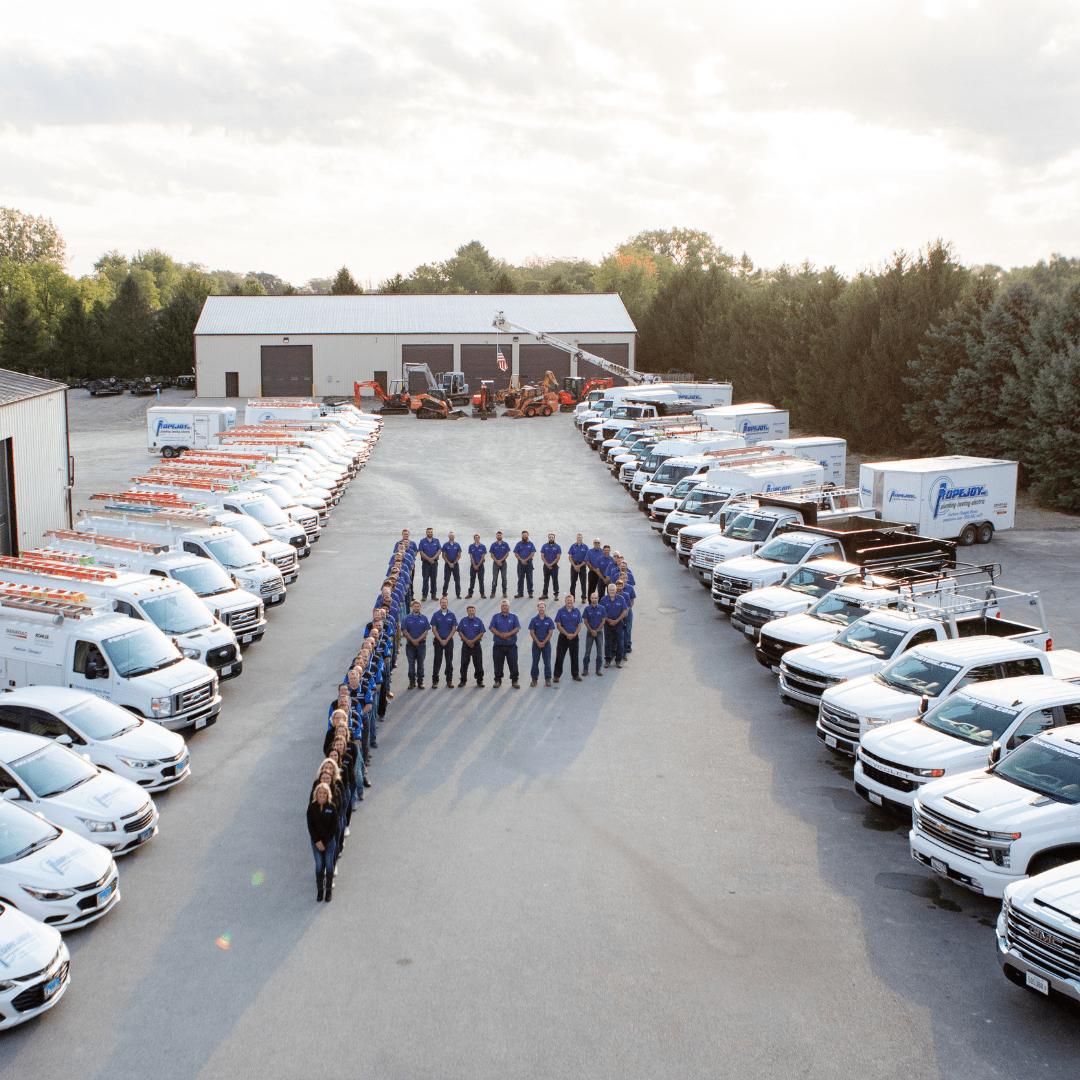The Science of Soft Water: How Water Softeners Can Extend Appliance Life and Improve Water Quality

Hard water is a common issue in many households, characterized by a high concentration of minerals like calcium and magnesium. While these minerals are not harmful to health, they can cause a variety of problems in your home’s plumbing system and appliances. Installing a water softener is an effective solution that not only improves water quality but also extends the lifespan of appliances. Let’s explore the science behind soft water and how a water softener can
benefit your home.
Understanding Hard Water
- Mineral Content: Hard water contains high levels of calcium and magnesium, which are picked up as water moves through limestone and chalk deposits in the earth.
- Effects of Hard Water: These minerals can build up over time, leading to scale formation inside pipes, water heaters, washing machines, and other appliances that use water. This buildup reduces efficiency and ultimately shortens appliance life.
How Water Softeners Work
- Ion Exchange Process: Water softeners use a process called ion exchange to remove calcium and magnesium ions from water. The system contains resin beads that are coated with sodium ions. As hard water passes through, the resin beads attract and hold onto the mineral ions, exchanging them for sodium ions.
- Regeneration Cycle: Over time, the resin becomes saturated with mineral ions. The water softener automatically initiates a regeneration cycle, flushing the trapped minerals out with a saltwater solution from the brine tank, recharging the resin with sodium ions.
Benefits of Soft Water
- Extended Appliance Life: By removing mineral ions from water, softeners prevent scale buildup inside appliances. This helps maintain efficiency and prolongs the operational lifespan of these appliances.
- Enhanced Water Quality: Soft water improves the effectiveness of soap and detergents, resulting in cleaner dishes, brighter clothes, and softer skin and hair. It also eliminates the film and spots commonly left by hard water on fixtures and dishes.
- Energy Savings: Appliances like water heaters can operate more efficiently with soft water. Without the insulating effect of scale buildup, water heaters can heat water faster, using less energy and reducing monthly bills.
Economic Impact
- Cost Savings: The initial investment in a water softener is quickly offset by the prolonged life of appliances and reduced energy and detergent costs. Homeowners find that water softeners pay for themselves in savings over time.
- Maintenance Requirements: Water softeners require periodic refilling of the salt used in the brine solution and occasional maintenance checks to ensure optimal performance.
Choosing the Right Water Softener
- Assessing Needs: The size and type of water softener you need depends on the hardness of your water and your household water usage. A water treatment specialist from Popejoy can help assess your specific needs and recommend an appropriate system.
- Installation and Support: Proper installation and regular maintenance are key to the effective operation of a water softener. With expert installation and support services from Popejoy, you can ensure that your system continues to function efficiently.
Conclusion
The benefits of installing a water softener are clear, from extending the life of your home appliances to improving the quality of your water. If you’re tired of dealing with the annoyances of hard water, consider a water softener as a viable, cost-effective solution.
Contact Popejoy today to explore your options and enjoy the myriad benefits of soft water in your home.
OUR SERVICES:

Free water test
($200 value)
Restrictions may apply. Cannot be combined with other offers. Contact Popejoy for complete details.

